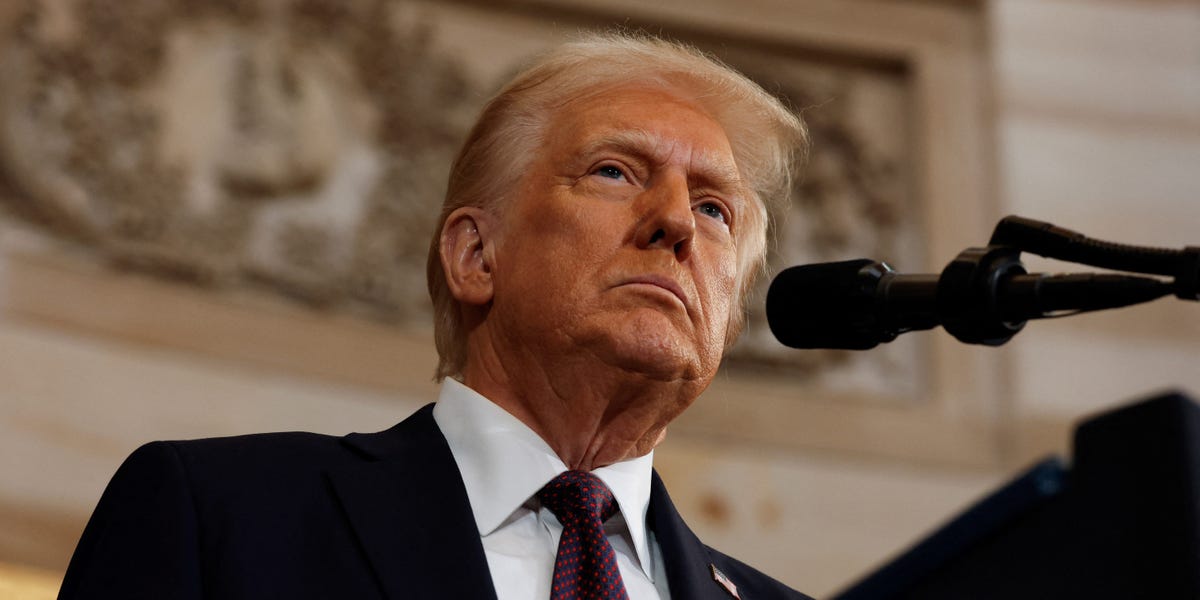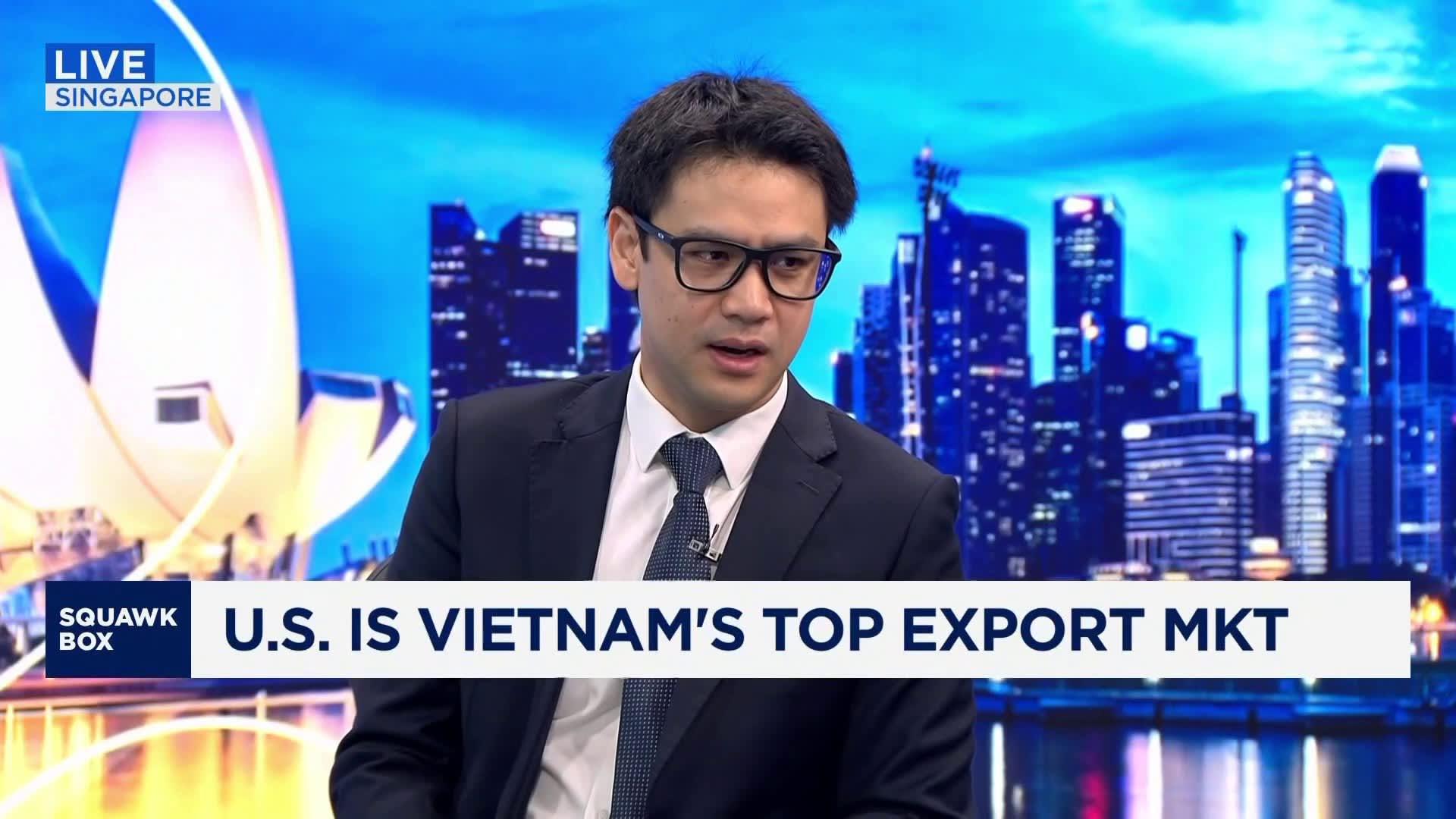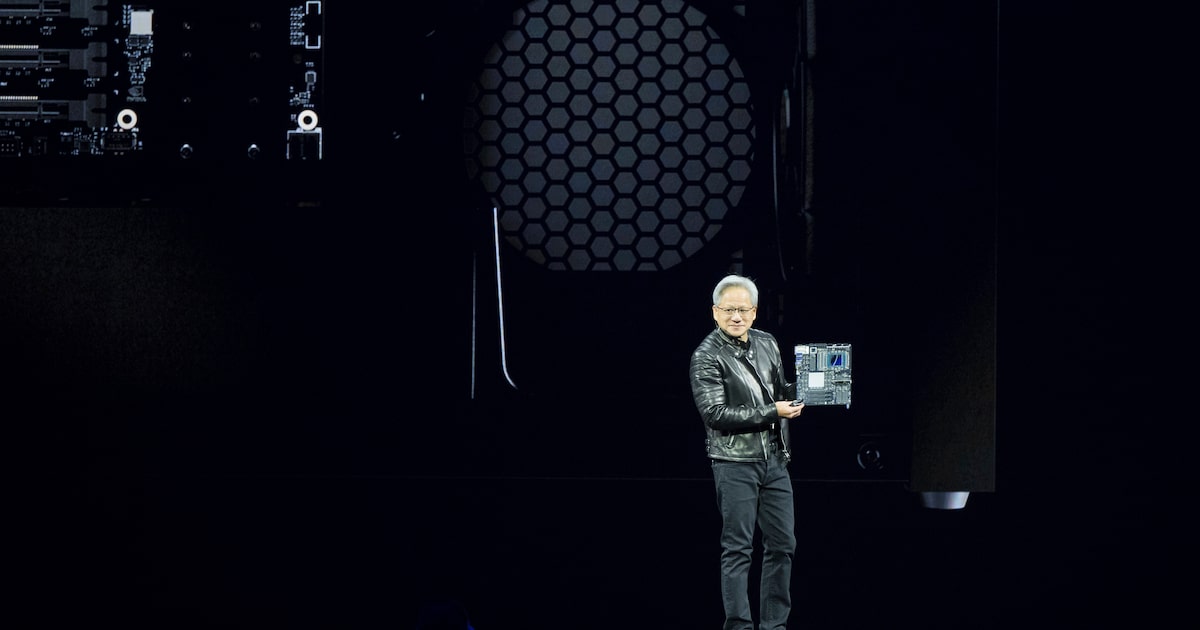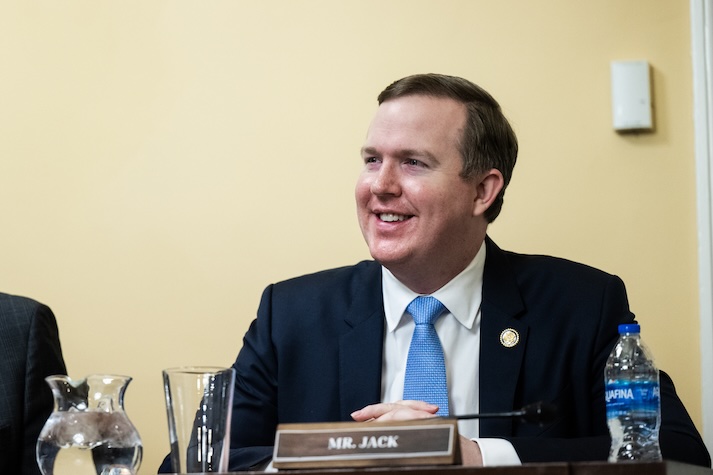Global Supply Chain Shuffle: How Trump's Tariffs Are Pushing Companies to Seek Tariff-Friendly Havens
Manufacturing
2025-04-14 16:51:23Content
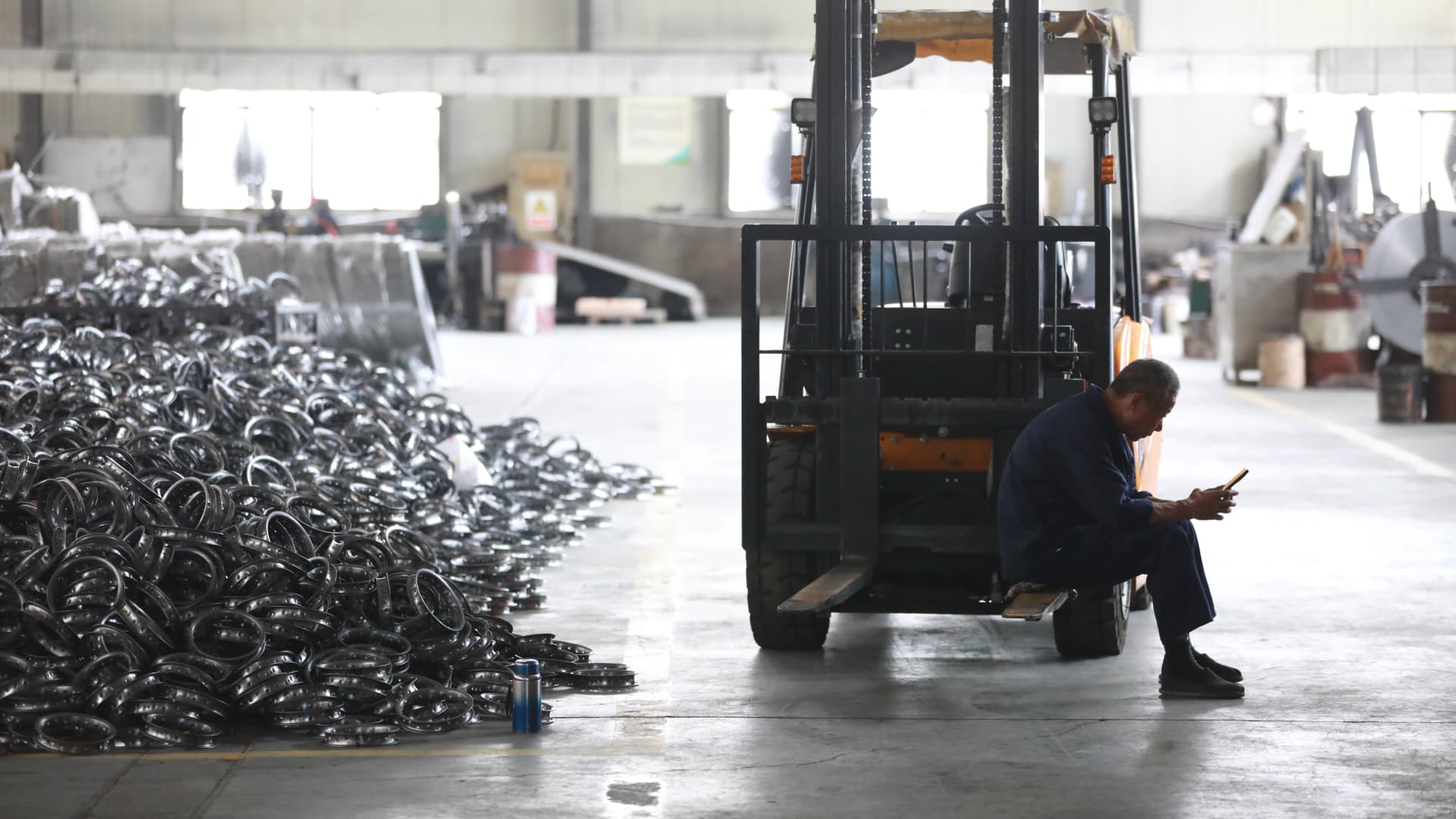
Despite President Trump's ambitious promises, a recent CNBC survey reveals that the anticipated U.S. manufacturing renaissance may be more myth than reality. The administration's tariff strategy, once touted as a game-changer for American industry, is now facing significant challenges that threaten its effectiveness.
Manufacturers are increasingly finding the economic burden of tariffs too steep to bear. Instead of boosting domestic production, companies are actively seeking alternative strategies to minimize costs. The global business landscape is rapidly evolving, with businesses hunting for more favorable trade environments that can help them maintain competitive pricing.
The survey highlights a critical trend: rather than reinvesting in U.S. manufacturing, many companies are exploring international markets with lower tariff regimes. This strategic shift suggests that the intended protective measures might actually be pushing businesses away from domestic production rather than encouraging it.
Experts argue that while the intention to revitalize American manufacturing was noble, the implementation of broad tariffs has created more economic friction than opportunity. The complex global supply chains and the interconnected nature of modern manufacturing make simple protectionist policies less effective than originally anticipated.
As businesses continue to adapt and seek cost-effective solutions, the dream of a massive U.S. manufacturing boom driven by tariffs appears increasingly unlikely. The economic reality suggests a more nuanced approach will be necessary to truly reinvigorate American industrial capacity.
The Illusion of Trump's Manufacturing Miracle: Tariffs Fall Short of Economic Transformation
In the complex landscape of global economic policy, the promise of revitalizing American manufacturing through protectionist measures has emerged as a contentious narrative, challenging the fundamental assumptions of economic growth and international trade dynamics.Unraveling the Myth of Tariff-Driven Industrial Renaissance
The Economic Paradox of Protectionist Strategies
The implementation of aggressive tariff policies during the Trump administration was touted as a revolutionary approach to reinvigorating American manufacturing. However, economic analysis reveals a far more nuanced and challenging reality. Businesses have demonstrated remarkable adaptability, seeking alternative strategies to mitigate the financial burdens imposed by punitive trade measures. Multinational corporations have increasingly sophisticated mechanisms to circumvent traditional trade barriers. By restructuring supply chains, exploring alternative manufacturing locations, and leveraging complex international trade regulations, companies have effectively neutralized the intended impact of tariff interventions.Global Economic Recalibration and Strategic Responses
The global economic ecosystem has responded to protectionist policies with unprecedented creativity and resilience. Manufacturers are no longer constrained by traditional geographical limitations, instead developing intricate networks that transcend national boundaries and minimize potential economic disruptions. Emerging markets have positioned themselves as attractive alternatives to traditional manufacturing hubs, offering competitive labor costs, advanced technological infrastructure, and more flexible regulatory environments. This global hunt for optimal manufacturing conditions has fundamentally transformed the traditional understanding of industrial production.Technological Innovation versus Protectionist Measures
Technological advancement has proven to be a more potent driver of manufacturing evolution than governmental trade policies. Automation, artificial intelligence, and advanced robotics have fundamentally reshaped industrial capabilities, rendering traditional protectionist strategies increasingly obsolete. The cost of implementing tariff-driven industrial policies far outweighs potential economic benefits. Companies are investing more in technological infrastructure and workforce upskilling rather than relying on governmental protection mechanisms. This strategic pivot represents a more sustainable approach to maintaining competitive advantage in the global marketplace.Economic Complexity and Unintended Consequences
The intricate nature of global trade means that protectionist policies often produce counterintuitive outcomes. Tariffs designed to protect domestic industries can inadvertently increase production costs, reduce international competitiveness, and create economic inefficiencies that harm the very sectors they aim to support. Sophisticated economic analysis consistently demonstrates that open, collaborative international trade frameworks generate more sustainable economic growth than isolationist approaches. The interconnected nature of modern global economics requires nuanced, adaptive strategies that transcend simplistic protective measures.The Future of Manufacturing: Beyond Tariff Limitations
Forward-thinking organizations are recognizing that sustainable economic growth requires a holistic approach. Investment in human capital, technological innovation, and adaptive strategic planning represents a more effective pathway to industrial competitiveness than relying on governmental trade interventions. The manufacturing landscape continues to evolve at an unprecedented pace, driven by technological innovation, global economic shifts, and increasingly sophisticated business strategies. Traditional protectionist models are rapidly becoming obsolete in this dynamic, interconnected global environment.RELATED NEWS
Manufacturing

Breaking: AI Revolution Transforms Manufacturing Training with Cutting-Edge Compliance Platform
2025-03-31 12:00:00
Manufacturing
Chip Giant TSM: Ashton Thomas Private Wealth LLC Makes Strategic Investment Move
2025-03-09 09:37:34
Manufacturing

Drone Tech Powerhouse ZenaTech Supercharges Military Innovation with Massive Engineering Surge
2025-03-13 11:45:00
